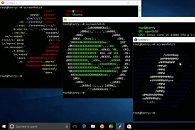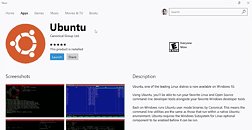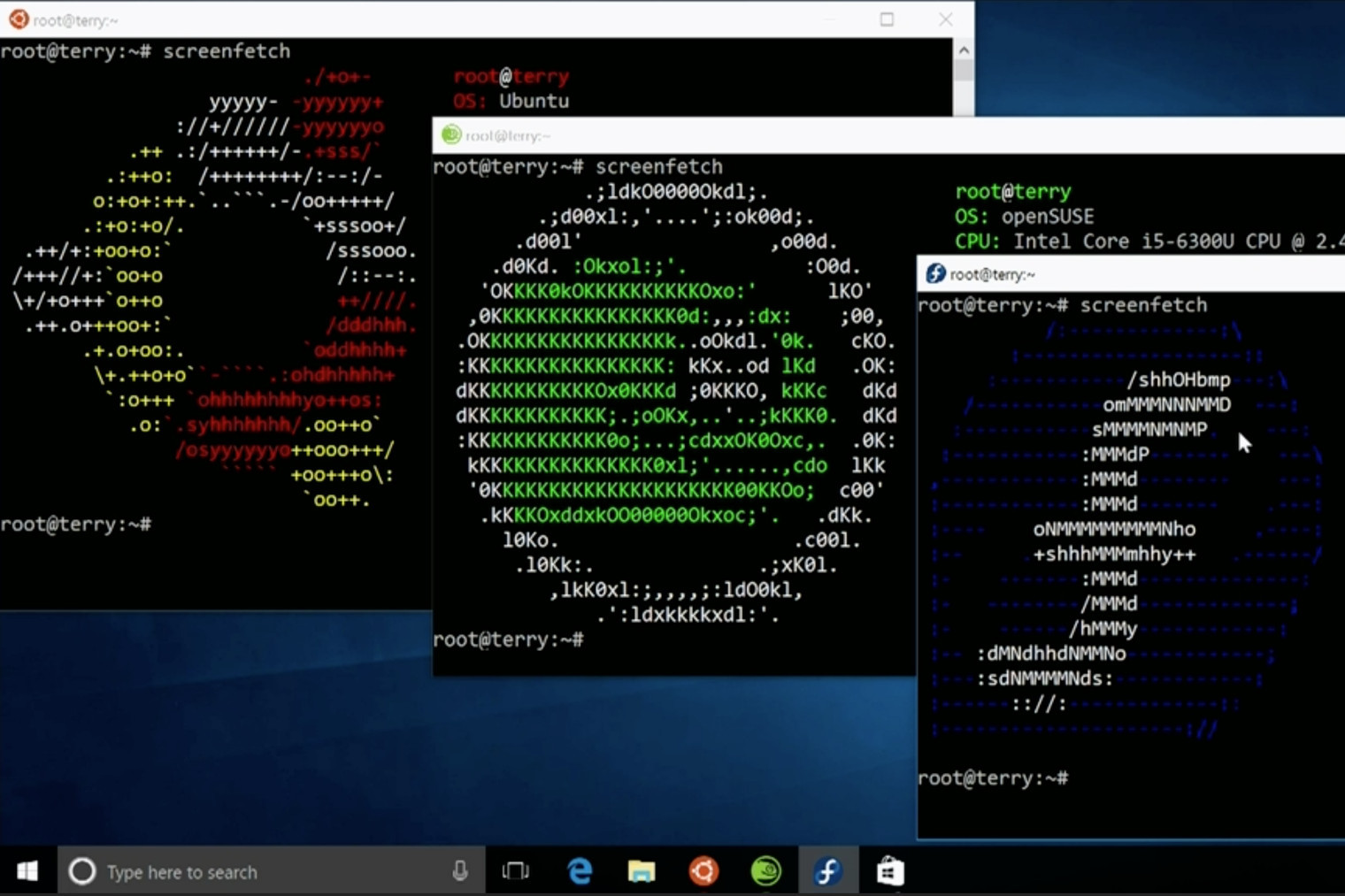- Joined
- Oct 9, 2007
- Messages
- 47,886 (7.38/day)
- Location
- Dublin, Ireland
| System Name | RBMK-1000 |
|---|---|
| Processor | AMD Ryzen 7 5700G |
| Motherboard | Gigabyte B550 AORUS Elite V2 |
| Cooling | DeepCool Gammax L240 V2 |
| Memory | 2x 16GB DDR4-3200 |
| Video Card(s) | Galax RTX 4070 Ti EX |
| Storage | Samsung 990 1TB |
| Display(s) | BenQ 1440p 60 Hz 27-inch |
| Case | Corsair Carbide 100R |
| Audio Device(s) | ASUS SupremeFX S1220A |
| Power Supply | Cooler Master MWE Gold 650W |
| Mouse | ASUS ROG Strix Impact |
| Keyboard | Gamdias Hermes E2 |
| Software | Windows 11 Pro |
That's right, Microsoft could soon distribute Linux. Popular PC Linux distributions such as Ubuntu, Fedora, and SuSE, could soon be available through the Windows Store. Microsoft made this startling announcement at its Build 2017 keynote. The idea here is to make Linux distributions available to power-users who want to run the operating systems in virtual machines, or install the OS in a manner that lets you run Linux applications directly on Windows 10.
There are still limits to what you can do with Linux you get from the Windows Store. For starters, the OS can't be installed on the host machine, in say, a separate partition/volume, which you can choose to boot from, using a bootloader such as GRUB. The download also doesn't directly expose the .iso installer disk image of your Linux distro. It could still be useful for developers seeking a turnkey Linux environment instantly for development or testing, or for schools to teach Linux.


View at TechPowerUp Main Site
There are still limits to what you can do with Linux you get from the Windows Store. For starters, the OS can't be installed on the host machine, in say, a separate partition/volume, which you can choose to boot from, using a bootloader such as GRUB. The download also doesn't directly expose the .iso installer disk image of your Linux distro. It could still be useful for developers seeking a turnkey Linux environment instantly for development or testing, or for schools to teach Linux.


View at TechPowerUp Main Site







